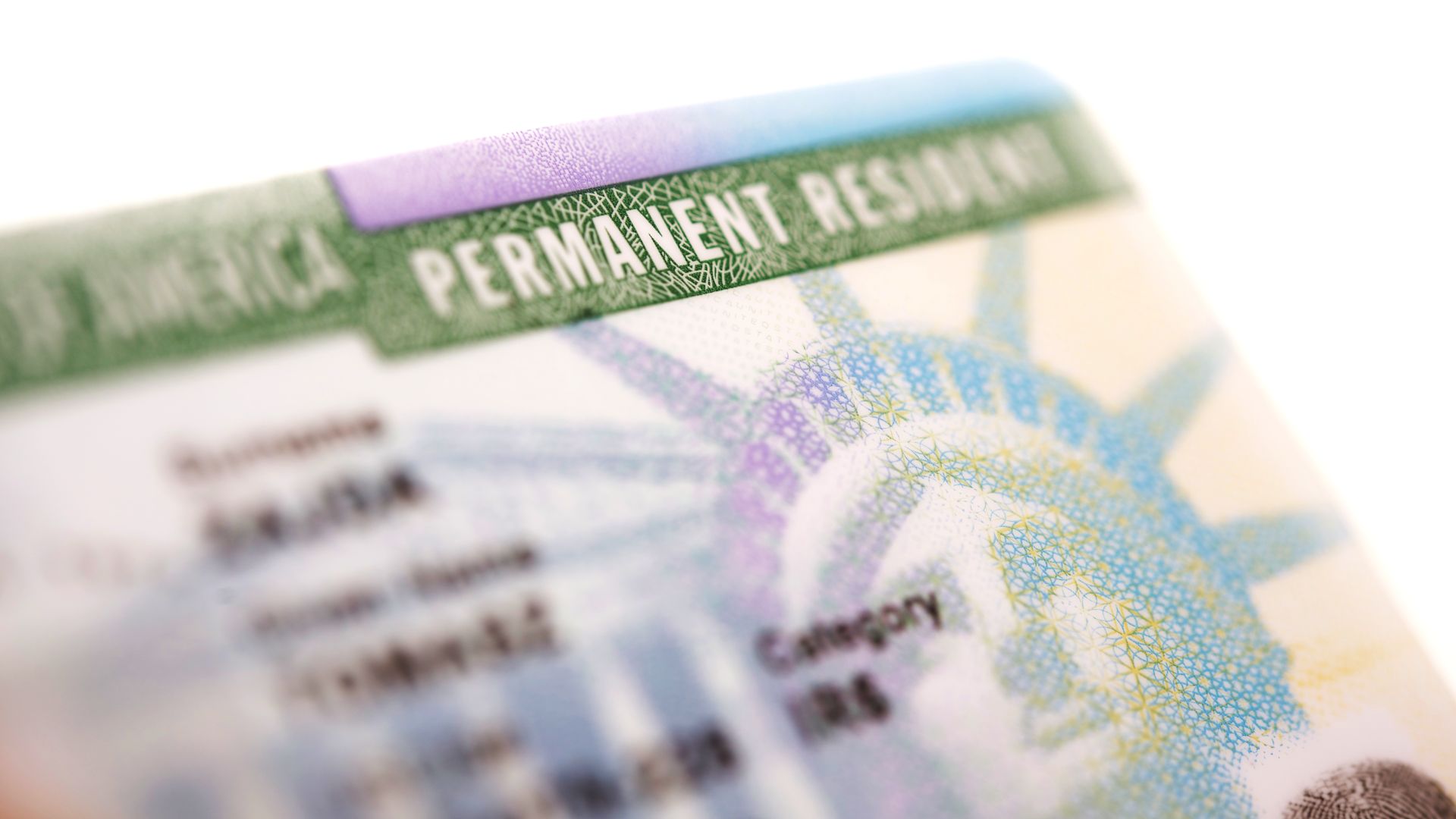Discovering that your husband has been detained by U.S. Immigration and Customs Enforcement (ICE) can be a distressing and overwhelming experience. Immigration laws in the United States are complex, and the process of detainment can happen quickly, often without much information provided to family members. This guide aims to walk you through the steps you can take to locate your husband, understand why he was detained, and provide guidance on the legal options available.
1. Locate Your Husband: Finding Out Where He Is Detained
When someone is detained by U.S. immigration authorities, it is essential to know where they are being held. Immigration and Customs Enforcement (ICE) typically detains individuals in one of their facilities or may transfer them to a contracted local or private detention center. To locate your husband, you have a few options:
- ICE Online Detainee Locator System: This is often the first step to finding where your husband is detained. You can use the ICE Detainee Locator System to search for him. You’ll need either his Alien Registration Number (commonly known as the A-Number) or his full name, country of birth, and date of birth. The system will provide information on his location if he is in ICE custody.
- Contact ICE Field Offices: If you’re unable to find your husband through the online locator system, you can contact the local ICE field office in the region where he was detained. ICE has offices throughout the U.S., and their staff can provide details about your husband’s detention status. Field office contact information can be found on the ICE website.
2. Understanding Why Your Husband Was Detained
There are many reasons why someone might be detained by ICE. It’s important to understand the specific charges or allegations against your husband so that you can seek the right legal help. Common reasons include:
- Visa Overstays or Immigration Status Violations: If your husband entered the U.S. on a visa and stayed beyond its expiration date or violated the terms of his visa (for example, by working without authorization), ICE may detain him for violating immigration law.
- Illegal Entry: If your husband entered the country without proper documentation or through unauthorized means, he could be detained and face deportation proceedings.
- Criminal Record: ICE often detains individuals who have a criminal record, even if the offenses are minor or occurred years ago. Crimes that can trigger detainment include both misdemeanors and felonies, and in some cases, simply being charged with a crime can lead to detainment.
- Immigration Holds After an Arrest: If your husband was arrested for a separate crime, ICE may place an immigration hold (also known as an “ICE detainer”) on him. This means that even after he has resolved his criminal case, he may still be transferred to ICE custody for immigration enforcement.
Once you have clarity on why he was detained, the next step is to take action.
3. Seek Legal Representation: The Importance of Hiring an Immigration Attorney
Immigration law is incredibly complex, and having an experienced immigration attorney on your side is crucial. Your husband has the right to be represented by an attorney, but unlike in criminal cases, the U.S. government will not provide him with one. Therefore, it is up to you or your husband to find and hire legal representation.
- Prepare for Your Consultation: When meeting with an attorney, bring all relevant documents, including your husband’s immigration status paperwork, criminal records (if applicable), and any correspondence from ICE. The more information the attorney has, the better they can assess your case.
4. Bond and Release: Can Your Husband Be Released from Detention?
In many cases, individuals detained by ICE may be eligible for release on bond. A bond is a set amount of money that must be paid to secure your husband’s release from detention while he awaits immigration court proceedings.
- Bond Hearing: If eligible, your husband may request a bond hearing, during which an immigration judge will determine whether he can be released and the amount of the bond. It is important to note that bond is not guaranteed. The judge will consider factors such as the likelihood that your husband will attend future court hearings, his criminal record, and his ties to the community, including family, work, and residence history.
- How to Pay Bond: If a bond is granted, you or another family member can pay it directly to ICE. Once the bond is posted, your husband will be released from detention but will still need to attend future immigration court hearings.
- No Bond Option: In some cases, individuals are not eligible for bond, especially if they have serious criminal convictions or are considered a flight risk. Your attorney will be able to explain whether bond is an option for your husband based on his circumstances.
5. Immigration Court and Removal Proceedings
If ICE initiates removal (deportation) proceedings against your husband, he will need to appear before an immigration judge. This is a formal legal process where your husband will have the opportunity to defend himself against deportation.
- Removal Proceedings: During removal proceedings, the government will present its case for why your husband should be deported, and your attorney will present evidence in his defense. It is crucial to have legal representation during these proceedings, as an attorney can argue for relief from removal.
- Relief from Removal: Depending on the circumstances, your husband may be eligible for relief from removal, which could allow him to remain in the U.S. There are several possible defenses and forms of relief, including:
- Asylum: If your husband fears persecution in his home country due to race, religion, nationality, political opinion, or membership in a particular social group, he may be eligible for asylum.
- Cancellation of Removal: If your husband has been in the U.S. for a long period (typically 10 years or more) and has strong ties to the community, he might be eligible for cancellation of removal.
- Adjustment of Status: If your husband is eligible to adjust his status, such as through family sponsorship, he may be able to obtain lawful permanent residency (a green card).
Your attorney will advise you on which forms of relief, if any, your husband may qualify for.
6. Detention Facility: Navigating Life in ICE Custody
While your husband is detained, it’s important to stay informed about his rights and the conditions in the facility where he is being held. You may want to familiarize yourself with the specific detention center’s rules regarding communication, visitation, and commissary services.
- Phone Calls and Communication: Most ICE detention centers allow detainees to make phone calls, though the cost and availability of these calls can vary. Make sure your husband has access to phone services to stay in contact with you and his attorney.
- Visitation Rules: Many detention centers allow family visits, though you should check the facility’s guidelines on visiting hours, identification requirements, and visitation restrictions. Visits can provide emotional support during a difficult time.
- Sending Money or Commissary Items: Most detention facilities have commissaries where detainees can purchase personal items, snacks, and hygiene products. You can send money to your husband’s commissary account, which he can use to buy these necessities.
7. Supporting Your Husband and Yourself
The emotional and financial toll of your husband’s detainment can be overwhelming. It’s important to take care of your own mental health during this time and seek support when needed. Many communities have support groups for families of detainees, and non-profits that offer advocacy and assistance to families impacted by detention and deportation.
Additionally, you should stay proactive in communicating with your attorney, keeping track of court dates, and being available for any legal matters related to your husband’s case.








